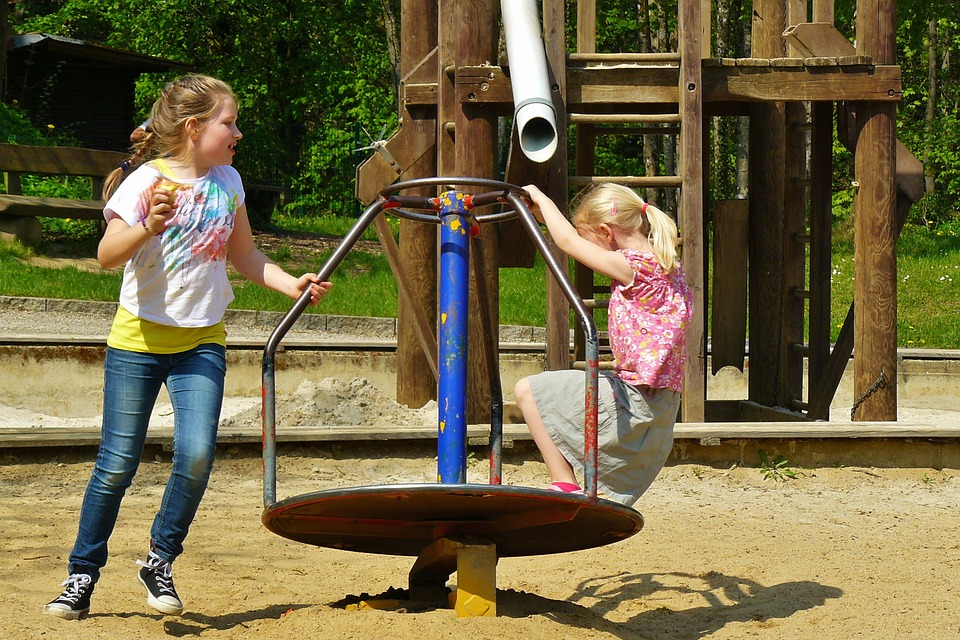The end of term often seems a long way off, and then it seems to come out of no where!
The flow of each term starts with the transition into school classes after the holidays as children settle back into routines. This can take some adjustment as they get back into the routine of getting up a little earlier, needing to get ready and get through the morning routine of breakfast, personal care tasks (dressing, brushing teeth and doing hair) as well as pack their school bags.
The middle of term sees children finding their rhythm and flow of the classroom routine, after school activities and homework routine.
At the end of term, there is often a mixture of excitement, feelings of achievement and looking forward to the holidays, combined with tiredness and perhaps being unsure or anxious about the upcoming change of routine.
Often, as children are tired and their behaviour often escalates, little tantrums or meltdowns might start to appear, picking on siblings and family squabble seem to get more annoying and noticeable and whinging seems to be a common daily part of the routine.
Sound familiar?
Often, we as parents (myself included) pass this off as “end of term tiredness”. And tiredness is definitely part of the reason for this behaviour.
However, underlying this tiredness is often change in routine at school. This might include special and longer end of term assemblies and awards ceremonies or end of term concerts, plays or musicals practice. Often there are sports carnivals, intensive swimming weeks where children go to swim lessons every day for a week or two. Then there are school camps, band workshops and camps, drama camps – the list could be endless.
What effect does this have on children’s anxiety?
The change in a child’s routine can be an underlying factor in
- Exacerbating the effects of tiredness
- Create feelings of being unsettled with a routine that is changing most days
- Enhance negative behaviour.
I have often found in my practice and with my own children that creating a calendar of the last week or two of school, the holidays and the first week or two of school has really helped in:
- reducing any underlying anxiety,
- helps with improve feelings of self control and helping a child be grounded
- allows children to feel more empowered about what’s coming up.
Including children in the planning process and in writing on the calendar also really helps children to be a part of the process and feel more in control.
Want help in reducing anxiety at Christmas time?
Join me, Deb Hopper for our FREE workshop on Sensory Strategies for Parents to Survive the End of School Year and Christmas Season
Dec 12, 2017. For more information about the free online workshop please see – https://www.lifeskills4kids.com.au/online-workshops/
[embedyt] https://www.youtube.com/watch?v=H0sEnc3fogQ[/embedyt]
Want a free planner for your child for this school holidays?
Download our calendar template here: LS4K Transition Holiday Calendars for Dec-Jan-Feb

